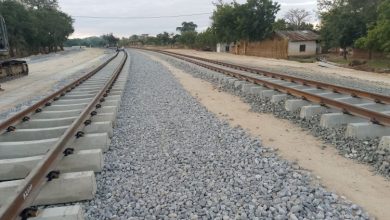Prioritise economic reforms, economists advise new govt
Economics Association of Malawi (Ecama) says the incoming Democratic Progress Party (DPP) administration faces urgent economic choices, cautioning that indecision could derail prospects for recovery and inclusive growth.
In an interview on Monday, Ecama president Bertha Bangara-Chikadza described the past five years as a period marked by overlapping global and domestic pressures.

She cited persistent fiscal deficits at about nine percent of the country’s gross domestic product, mounting public debt hovering around K16 trillion, foreign exchange shortages at less than one month of import cover and surging inflation at 28.2 percent that have eroded household welfare.
“The past five years have been especially challenging. Malawi has faced overlapping global and domestic pressures that have left most households worse off,” said Bangara-Chikadza, who teaches economics at the University of Malawi in Zomba.
Inflation rate rose by more than 20 percentage points between December 2020 and December 2024, increasing the cost of living and pushing more Malawians into abject poverty.
Bangara-Chikadza stressed that the new administration must restore fiscal discipline and credibility through tighter expenditure management, realistic budgets and transparent debt practices.
“Rhetoric must give way to real reforms in public finance management. Without this, investor confidence will remain weak and growth will continue to stall,” she observed.
In a separate interview, economist Christopher Mbukwa said economic reforms should be linked to strategic investments in agriculture, energy and digital infrastructure, sectors he said have huge potential to stabilise growth, create jobs and raise productivity.
He said there are still opportunities for reform if the new administration acts swiftly.
“Malawi must rebuild reserves, stabilise inflation and broaden the tax base without overburdening the few compliant taxpayers,” said Mbukwa.
Scotland-based Malawian economist Velli Nyirongo urged the new government to “act decisively to restore confidence”.
““Failure to pursue reforms will leave Malawi exposed to external shocks, deepen its reliance on commodities and stall its prospects for durable macroeconomic stability,” he said.
In its July 2025 Malawi Economic Monitor, the World Bank warned that the country’s fiscal space is narrower than that of many of its regional peers, with the deficit widening to 10.5 percent of gross domestic product, an equivalent to K720.4 billion, which is well above the approved seven percent.





